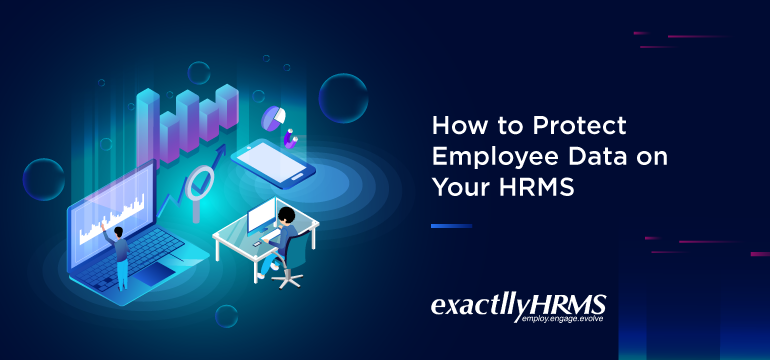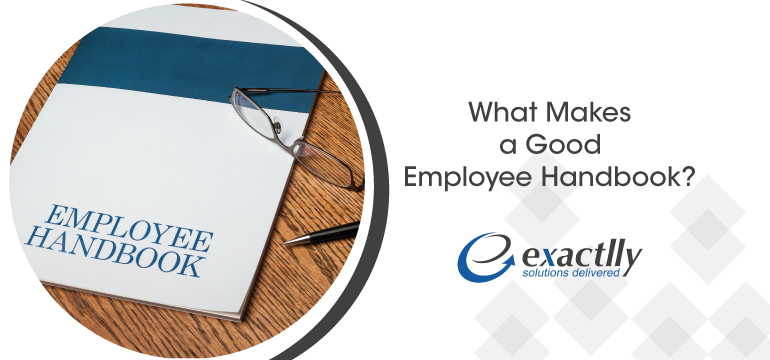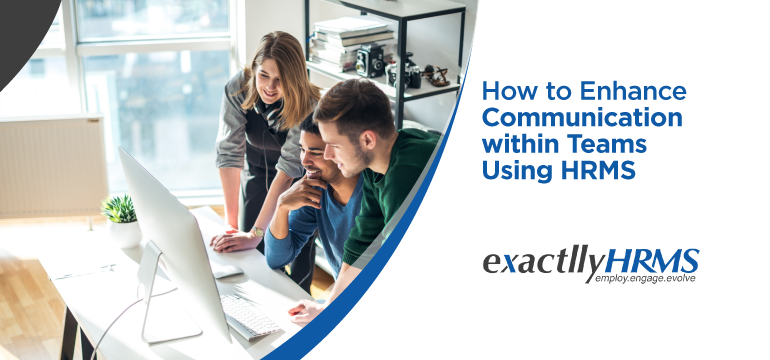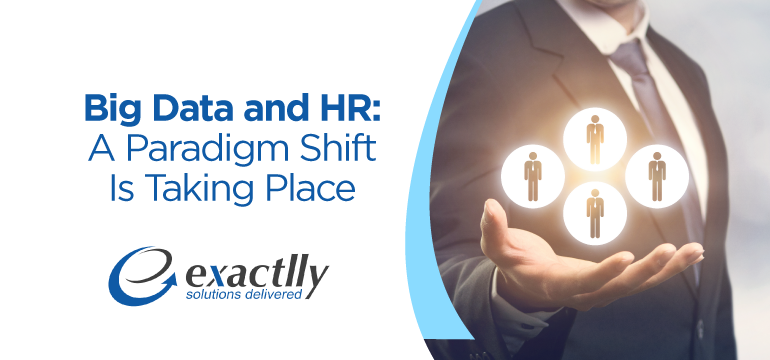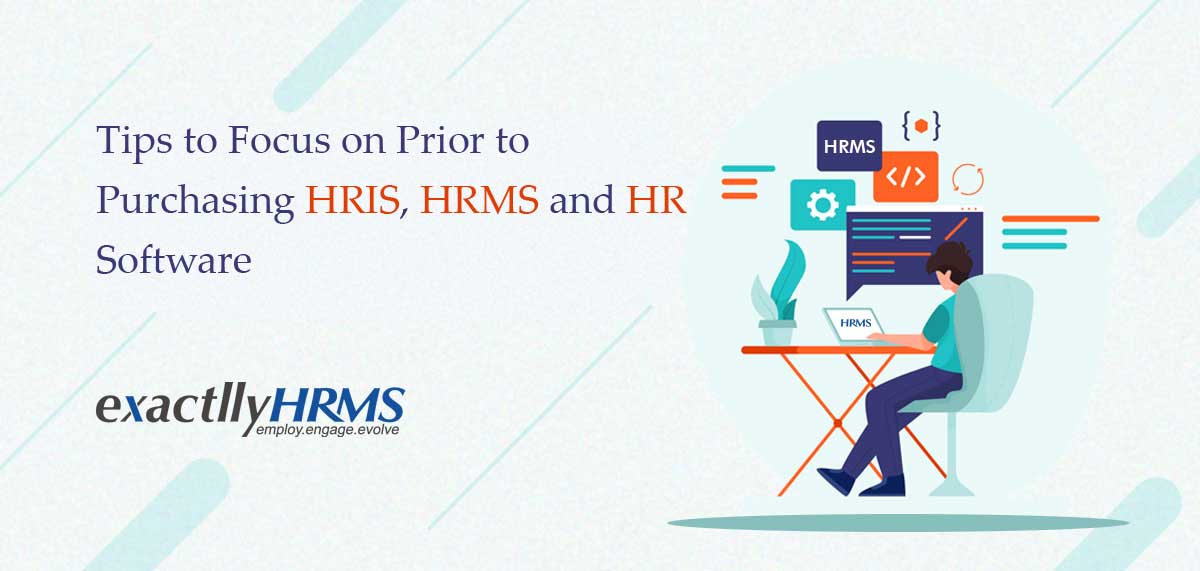Case for Integrating ERP with HRMS: An Overview
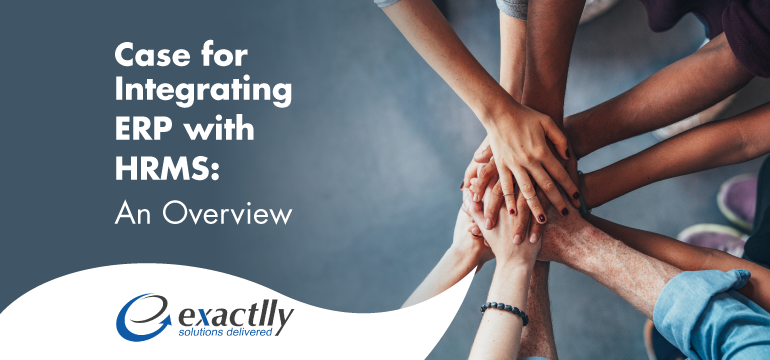
Integrating ERP with HRMS:
Companies today want to be more than just being capable of handling their data and payrolls. Companies have begun to understand the importance of all their systems across departments to be in sync. Due to this, ERP is being discussed more often these days even in HR departments. Commonly known as “enterprise resource planning” software, there are many reasons why one must integrate it with HRMS.
Emphasis must be laid on the word “enterprise,” as that is the ultimate goal of ERP: to integrate if not all, most departmental information systems in a company onto a single computer system and cater service to individual needs. That is indeed a difficult objective, trying to deliver a single information system that serves the needs of human resources, payroll, its customers, finance, warehouse and distribution.
Usually, companies already have individual systems built or purchased for each of these functions. But when you want one single system to handle all the databases by integrating itself with the systems of all the departments, it gets a little complex. And the objective of ERP is to integrate itself and while also not hurting the economic factor.
There are some important reasons why one must integrate HRMS with ERP:
-
Bringing Various Departments in sync with each other:
Any business-driven change occurs at a fast pace and this not only requires keen attention but also an even faster solution. It is believed that the next generation ERP apps will introduce new technology workflows to match web services, integrated analytics, business activity monitoring, portal and repository management. They are also expected to address HR-related issues and we can already see more companies integrating ERP with HRMS to bring in sync various functions of a company. However, once in operation, it requires multiple customizations. These customizations are numerous and reoccurring until the integration is complete.
-
Foresee Challenges and Track Errors:
ERP application not only helps us to understand possible mistakes or errors that have already been committed, but it also helps us to gauge the magnitude of upcoming challenges. HRMS on the other hand only focuses on human resource issues and lacks the kind of analytical power that ERP comes equipped with. Instead of having various software applications for each department’s functions, integrating ERP with HRMS will help to reduce errors and foresee upcoming challenges.
-
Coordination and Managing Problems:
ERP helps you to pay attention to the magnitude of coordination problems. You will be able to understand the importance of tracking and managing issues & defects during projects. If these problems are unmanaged and if there is miscommunication between HR and other departments, even the best project plans can crumble. A simple solution to these issues is a combination of HRMS and ERP. If ERP and HRMS are well integrated, they can provide an amazing way to manage the company.
-
Increase in Efficiency:
ERP implementations tend to help organizations function efficiently with minimal but efficient collaboration between HR and other departments. An effective ERP change simplifies and automates the system while providing support to the development and HR team. A complete understanding of the configuration is key to ensuring that critical systems are not negatively impacted.
-
Clearer Overview of Issues Across Departments:
The concept of configuring ERP applications in HR departments could be the bright new future in systems management. By enabling ERP and HRMS across multi-tiered organizations can change management processes, institute security controls and automate validation. Though integrating ERP with HRMS can solve a lot of management problems, it is not an immediate solution. Each department will face its own problems in the course of implementation. Hence, each problem of each department must be carefully researched, analysed and then a solution must be found. This will ensure in preventing the same kind of problems from arising. After all, integrating ERP with HRMS is done to increase efficiency across departments.
What problems can we expect during ERP integration with HRMS?
-
Time Constraints:
Implementing ERP is not all that rosy. It has some ground issues and it is very important to address these. For example, how long does it take to implement an ERP? The only possible answer for this is that “it depends”. One cannot fix a time limit for the implementation and expect it to work immediately. Many companies usually do not have a lot of time to implement it and are often in a hurry. Some ERP vendors may claim that the system could be implemented within a very short time and that the implementation will cost less than the cost of the software license. It is not possible to blindly trust these claims and integrate ERP with HRMS. If you plan to integrate ERP with HRMS, you should have several discussions with your ERP consultant before making decisions.
-
Lack of Training and Proper Implementation:
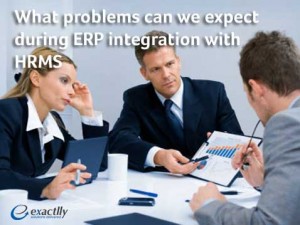
One of the biggest concerns or problems that revolve around ERP is that of the change it requires during implementation. If ERP must be implemented correctly to benefit the HRMS, the business must change and the ways in which people do their work need to change too. In fact, the entire work setting may require changing and not all people are willing to change. An ERP will definitely demand employees to do their work differently. As the new information system, they will now use will be different, a certain period of training is required. If an ERP is implemented without making required changes to the previous methods of working or without adequate training, it can be guaranteed that any return on investment (ROI) realised will be negligible.
-
Resistance to Changes:
Usually, problems arise when people working on the system find it extremely difficult to make changes in their working style. When one or more departments refuse to make changes, the entire company suffers. There will be some people who would want to find a different ERP solution for their systems and the expectation to make all departments happy with one integrated system seems like a huge challenge. And there is no one solution to this problem. It depends on the coordination between the departments and the capability of the existing software of various departments.
Final Thoughts:
Implementing ERP is nothing less than “re-wiring the enterprise central nervous system”. There are a lot of things that you should be willing to give up to accommodate the changes that come with it. If you think the methods you use are perfect and you don’t want to budge from them then ERP is not for you.
Like any other new thing, ERP requires some time and energy to reap those benefits you are looking forward to. Make an informed choice and change if you need to. Most companies have come to realise that ERP integrated with HRMS will definitely be worth it. It reduces cost, increases efficiency, heightens coordination and finally, enhances cohesion within an organization. exactllyHRMS is one of the most advanced HRMS software’s available in the market. To know more about exactllyHRMS, Feel free to Contact Us and get a Free Demo.


